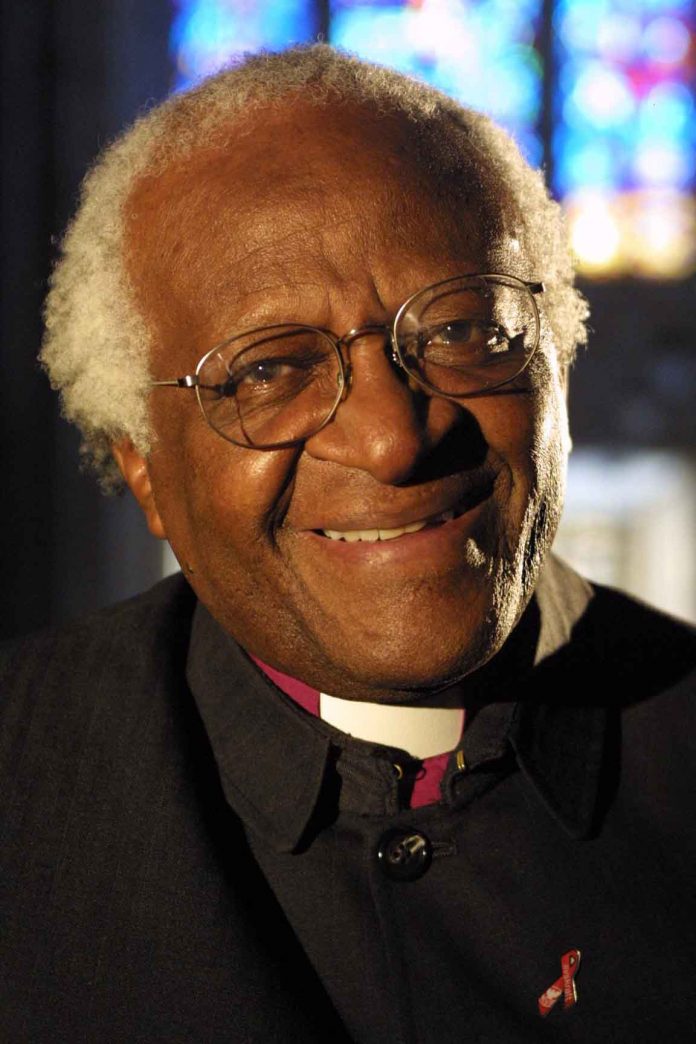Four black men have been honored with the prestigious Nobel Peace Prize in the past century. Each was a man of faith who advocated for peaceful protest in pursuit of equal justice for those of any race.
Such an advocacy has been a prominent part of Black History Month in this country since President Gerald Ford made the February observance official in 1976.
That’s why many eyebrows were raised on Jan. 29th when Petter Eide, a Socialist member of the Norwegian parliament, submitted the name of the U.S based Black Lives Matter organization among the more than 100 individuals or groups so far nominated for this year’s Nobel Peace Prize.
While a majority of the hundreds or thousands who have participated in BLM led protests, particularly during this past summer, were peaceful and many were religious, the protests themselves were anything but. At least 800 private and public buildings were destroyed and millions of dollars in damages were done in half a dozen cities.
Neither of the three women leaders of the BLM movement — Alicia Garza, Patrisse Cullors or Opel Tometi — claims any religious faith and each is a self-proclaimed Marxist. Among their stated goals are “to disrupt the Western-prescribed nuclear family structure,” a tax code that redistributes wealth, and decriminalization of illegal drugs and prostitution.
Hardly as noble as the lives and causes of the Nobel Prize recipients mentioned.
Three were Africans. The first, in 1960, was Albert John Lutili, Chief of the Christian Zulu Tribe born at a Seventh Day Adventist mission, who became active in the Methodist Church and was selected to be the first president of the National African Congress.
Anglican Bishop Desmond Tutu was the 1984 recipient and Nelson Mandela, a Methodist, was honored in 1993.
One, Dr. Martin Luther King, was an American. The 1964 winner was at age 35 the youngest ever to receive the award and his achievements still receive much attention during the observance that began as Negro History Week in 1926.
The two organizers of the observance, Carter G. Woodson, a Harvard trained historian whose work included a history of the black church, and Jesse E. Moorland, founder of the Association for the Study of Negro Life and History, chose the second week of February because of the birthdays of Frederick Douglass, one of the icons of Black American history, and President Abraham Lincoln, who signed the “Proclamation of Independence” freeing the slaves after the Civil War.
Douglass, a former slave led to know God as his Father by a white Methodist pastor, became an educated, fiery speaker and writer for the abolitionist movement under the tutelage of Henry Ward Beecher, the white Brooklyn Congregational pastor who was the most famous abolitionist of them all.
Rosa McCauley Parks, whose refusal in 1963 to move to the back of the bus in Montgomery, AL as required by “Jim Crow laws,” is a more modern icon.
In her autobiography she said her action grew out of the teachings of Jesus Christ, learned in the African Methodist Episcopal Church (one of the three oldest and second largest of the black denominations) which convinced her that “a heart filled with love could conquer anything, even bigotry.”
The ensuing bus strike, led by Dr. King, focused the public eye on his mesmerizing and memorable oratory calling for justice in race relations as well as the calming demeanor of the Baptist preacher that led to the adoption of the Civil Rights Act of 1964.
Dr. King and Bishop Tutu were two of the three Nobel winners I had the privilege to interview as a reporter for the Miami Herald. The other was Mother Teresa.
While I can’t say that I knew Dr. King well, I had occasion to interview him half a dozen times, was present during nonviolent protest marches he led in Selma, AL, and St. Augustine, FL, and saw him in action at a Miami meeting of the Southern Christian Leadership Conference he headed.
So I believe I have a pretty good sense of the spirit of the man who, even then, was one of the few persons of color recognized by virtually all Americans as a national leader.
Often lost in the admiration of his drive for equality of the races and concern for the poor is the fact that they grew out of his determination to live out a Biblical faith he preached as pastor of the Dexter Avenue Baptist Church in Montgomery.
Dr. King never strayed far from the central theme of two of his most famous sermons, “What Is Man?” and “The Dimensions of a Complete Life.” They could be described as a summary of the teaching of Jesus of Nazareth whom Christians recognize as the Prince of Peace: love yourself properly, love your neighbor as yourself and God with all your heart.
To be concerned for the souls of men and not their physical needs is as false a religion as to be concerned for the physical needs of men and not their souls, he would contend.
“So I say to you, seek God and discover Him and make Him a power in your life,” Dr. King preached. “Without Him, all of our efforts turn to ashes and our sunrises into darkest night. Without Him, life is a meaningless drama with the decisive scenes missing.
“But with Him, we are able to rise from the fatigue of despair to the buoyancy of hope. With Him, we are able to rise from the midnight of desperation to the daybreak of joy.”
It is a noble message of peace that seems appropriate for times like these.
(Adon Taft, for 37 of his 49 years with The Miami Herald, was the religion editor. He taught social studies at Miami Dade Community College. He is retired in Birmingham, AL and can be reached at [email protected].)

